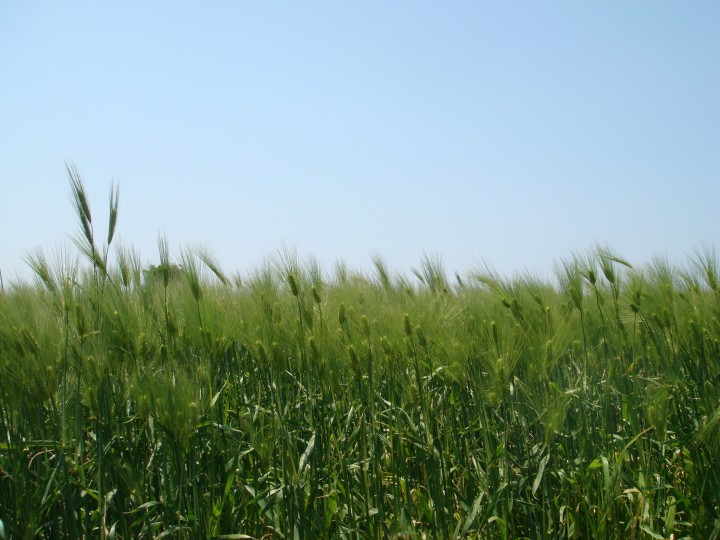thinking critically
Back in September, a discussion surrounding the assigned reading “Food appropriation through large scale land acquisitions” (Rulli & D’Odorico, 2014) was pursued in regional groups. After being provided an opportunity to talk freely about subjects which arose from the reading and during discussion, it was quite clear that the paper had many questionable aspects in its study that proposed a possibility in closing the yield gap through large scale land acquisitions (LSLAs). Questionable aspects included the the authors’ assumptions of the crops produced from LSLAs to be used to increase food security of the local community. Further, it emphasized that areas where LSLAs occur are places which lack the technology and infrastructure to utilize and maximize productivity of the lands and therefore require the aid of large, external corporations which have the capital to be able to introduce new jobs, knowledge and infrastructure into region. However, while authors’ highlight the potential benefits that LSLAs could bring to these select communities, it does not seem to pursue ways that take into consideration the local culture, practices and diet. Rather, the paper ends suggesting that some form of regulation be established to ensure that the local community reap some of the benefits of LSLAs. By doing so, it seems to take local matters of food security in a reductionist manner, simplifying the ability of the region to increase food security through the reliance on such measures.
Amid such discussions, it also brought to light an assumption I had been making, unknowingly, automatically, and habitually. I have been intimidated by peer-reviewed papers in a way as if the label “peer-reviewed” bestowed onto it ultimate powers that silenced any questions and critiques I may have. While peer-reviewed papers do undergo a rigorous critique from experts in the specified field the paper pertains to, I should not take what is written in the paper as is. Rather, it actually provides an opportunity to further enrich my learning experience by being able to engage in the article through careful thought and connecting relevant previously learned knowledge to what has been written. This paper by Rulli & D’Odorico (2014), reintroduced a sense of autonomy over my thoughts and overcoming the fear of feeling unqualified to ask questions, whether they be right or wrong.
Looking at it simply, I think the key is to just think, and when prepared, to take one step further to thinking critically.
